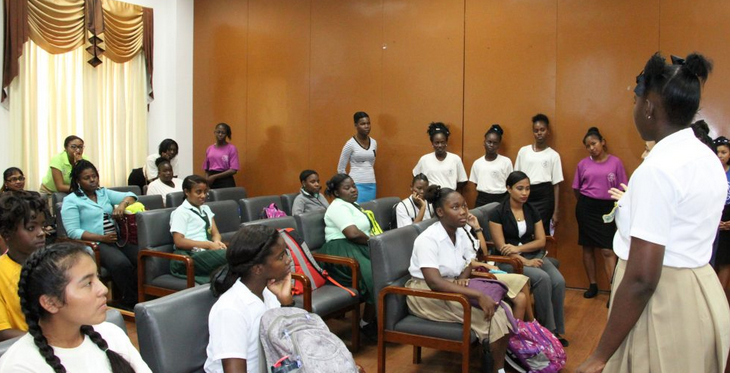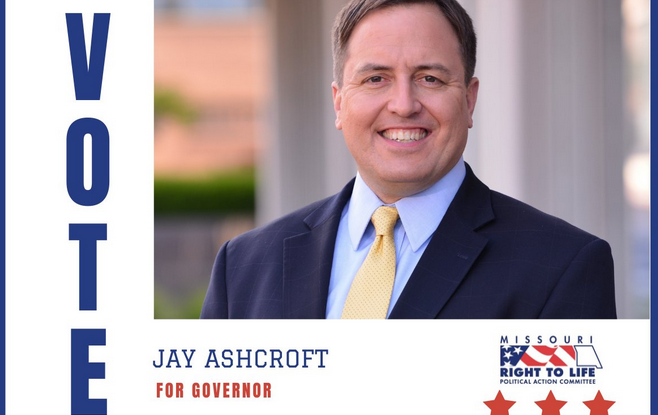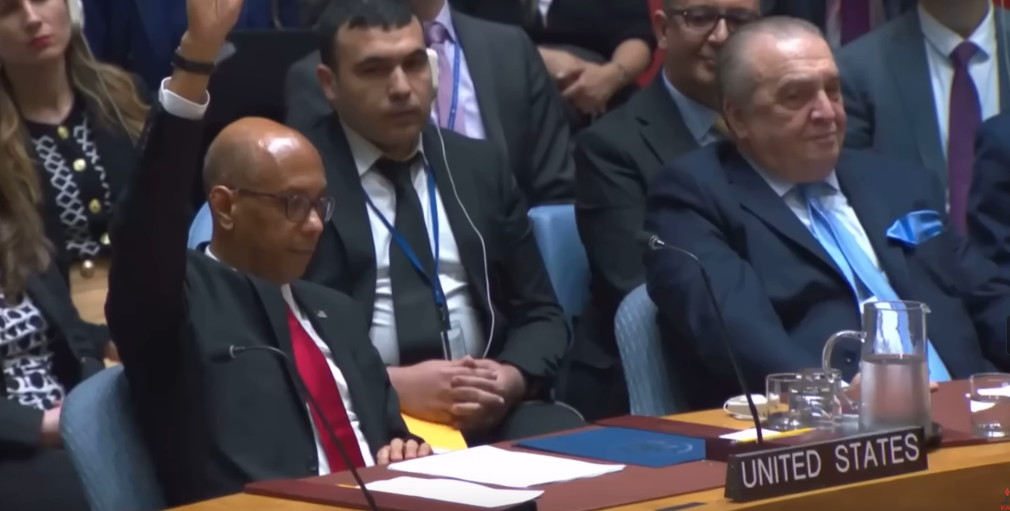The p-word refers to the child of a buzzard, which will consume even blood and bones for food—an epithet reserved for Cubans of conspicuous African origin like Moore
[Book Review]
An eight-year-old boy in rural Cuba is told to prepare himself to receive a miracle.
His crossed eyes will be cured without surgery or medication. His father takes him to an obeah, a ritual healer.
The cure for the lad’s defective vision is to stare into the center of the midday sun once a week. After four months, the crossed eyes are straightened and look straight ahead at the world. But this improved vision that Carlos Moore gained in the early 1950’s only served to make him more aware of inequities in his habitat.
He reflected that there were five distinct areas of his village; the first was peopled only by the White elite; the second contained mulatto families; the third, where Moore lived held working class White and Black laborers; the fourth reeked of squalor and was called the Negro Quarter with no running water or electricity; and the fifth held West Indian and Haitian migrant workers whose heads were covered in quasi slave barracks.
What could the corrected eyes of Carlos Moore do to bring some equality to this unbalanced life around him? His attempts are documented with poignant vigor in his autobiography, Pichon: A Memoir; Race and Revolution in Castro’s Cuba.
This new release by Lawrence Hill Books watches Moore travel from Cuba as a teenager to the United States, to be enthralled by Castro’s triumphant entry into Havana in 1957 after defeating Batista’s forces. Moore hoped again hope that the new Cuba would be a place of equality for all—he returned to his native island to build a new world.
But the vision of democracy he sought was not in Cuba for a pinchon, the world for Blacks in Cuba was more contemptuous that the n-word. The p-word refers to the child of a buzzard, which will consume even blood and bones for food—an epithet reserved for Cubans of conspicuous African origin like Moore.
Moore’s idealism eventually leads him to confront Castro publicly about the lack of work opportunities for Cubans like himself; he finds himself imprisoned, then placed in a work camp for “reindoctrination.” He eventually leaves Cuba and drifts through Europe and Africa, searching for decades for a real revolution for all oppressed people.
This story has signal relevance for the current progressive movement in the U.S., which has linked treatment of Cuba as a bellwether for the willingness of the capitalist Western World to learn from the example of Cuba as repository of new forms for humanity to follow.
Fidel Castro has survived many U.S. sponsored assaults upon his person and his avowed Marxist-Leninist government for more than fifty years. Afro-American revolutionaries ranging from Robert Williams to Assata Shakur have found refuge there.
Fidel Castro’s decision to stay in the Hotel Teresa in Harlem when the U.S. press condemned as a dangerous man won him much sympathy in the early years of Cuba. Much later, young progressives, of various racial backgrounds, came to Cuba to cut sugar cane to support the socialist cause in the form of Venceremos Brigades.
Yet, Moore’s book lifts off a scab that may not be yet healed for darker-skinned Cubans even in these times. Even Castro’s overthrow of Batista had a racial component that class scholars have frequently ignored.
Moore mentions that contempt for African blood was so intense in pre-Castro Cuba that racist jokes predominated discussions of Batista when he seized power in 1952. He was called “the Big Mulatto,” before he came into power. Once he was in the presidential chair he was often tarred with Cuban versions of “darky” jokes, depicted as uncouth, stupid, and secretly worshiping African gods.
Blacks welcomed Batista’s overturning of the long-standing prohibition of Afro Cuban religions and festivities; the Communists did consider him to be an ally of the working class. Later when Batista refused to join Black social clubs who extended him membership, Blacks began to doubt his loyalty to them. Communists felt betrayed when none of their number were appointed to any ministerial posts.
Thus the White, upper class Fidel Castro had many discontented partisans to draw upon when he began to organize in the mountains. Many of these converts were not necessarily committed to Castro’s ideas of land reform as obsessed with removing a Black man from office. Moore quotes a lethal joke that made the rounds: “Jingle bell, jingle bell; Here has come Fidel. To overthrow the nigger monkey; Who’s giving us hell.”
This undercurrent of racism may have still existed in Castro’s Cuba since only one notable Cuban of African extraction was visible in the early days of the revolution—Juan Almeida Bosque, who was given the title of head of the military.
However Black thinkers in Cuba considered Bosque primarily a soldier who would always see Castro as his leader and never confront Castro on the racism which would have to be attacked as a historical and cultural construct. These Black thinkers were attacked as counterrevolutionaries as their organizational centers—the Black social clubs were discouraged. The vibrant Afro-Cuban musical tradition was also castigated and many of the notable Black musicians like Bebo Valdes fled into exile, as did the policy thinkers.
Professor Darien J. Davis, a history professor, wrote in an insightful article in 1998, entitled “Nationalism and Civil Rights in Cuba: a Comparative Perspective, 1930-1960,” that “the Cuban environment provided a nationalist umbrella opposed to imperialism and bent on integration under which a modest Black community nationalism could develop, tempered by the struggle to resolve the neo-colonial status.”
The United States had its revolution to free itself from England in 1775. Quite a few years removed from Castro’s revolution in the 1950’s. Davis further posits the difference in U.S. Black protest tactics with the relative docility evidenced by Cuban Blacks with the insecurity incumbent with living on an island with a massive superpower only a few miles away.
Pichon provides all world citizens with food for thought. Although Moore has not returned to Cuba, the U.S. policy towards Cuba in the light of a regime change in the near future will force Americans to forge new alliances with our island neighbor.
New commercial and cultural alliances are inevitable. Cuba has continually taken strong positions on the developing world’s trade and economic issues.
A fresh start will necessitate a view towards the past, which saw Blacks as scavengers of bone and blood. Let the changing tides and new harbors create new food sources for all.











